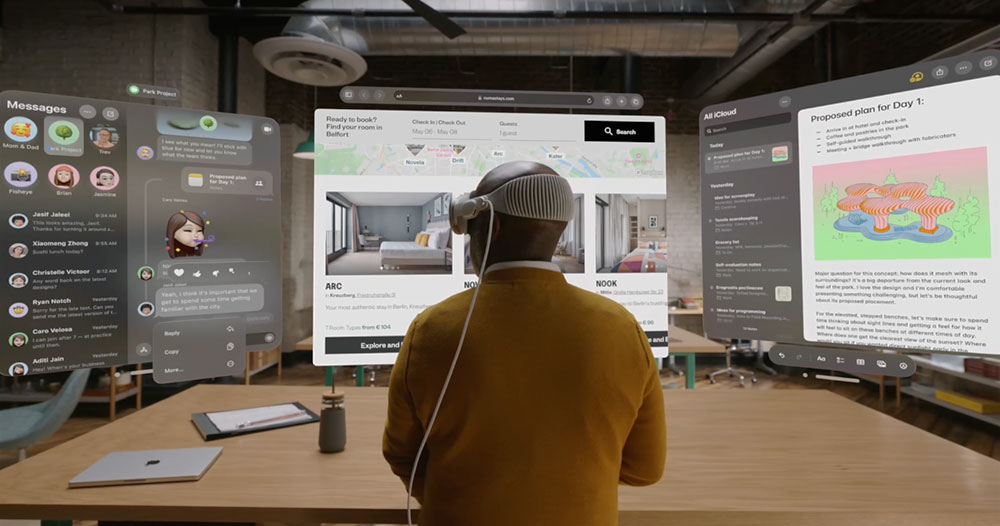
In Search Of: CEO to turn IT organization that operates like a terrorist group into a Microsoft-like outfit. Vision and big-picture mentality not required. Management, administrative and detail skills sorely needed. Ability to deal with a chairman who occasionally goes off reservation during press interviews a big plus.
That chairman would be multimedia entrepreneur Nicholas Negroponte, who turned heads a few years ago in the open source community — indeed, in all sectors of the tech industry — with his proposal to develop 150 million laptops for the world’s poorest children at a cost of no more than US$100 each.
Called“One Laptop Per Child,” the organization is gearing up for its final stretch — its goal is to deliver the laptops by year end. Negroponte is seeking a new CEO to guide the effort, while he would remain at the helm as chairman.
All of this sounds perfectly reasonable until you read Negroponte’s observations about the OLPC organization and his own skills as a corporate leader. The comments, originally offered in an interview with BusinessWeek, raised so many eyebrows, they’re now widely circulating on the Web.
Regarding OLPC: Negroponte said the organization has been operating “almost like a terrorist group, doing almost impossible things” for three years.
That must change, though, he emphasized. His shoot-for-the-moon goal for the next CEO? OLPC’s next operation model should be more like Microsoft’s.
Furthermore, “management, administration and details are my weaknesses,” Negroponte confessed. “I’m much better at the vision, big-picture side of the house.”
While looking for a detail-oriented leader, he apparently also wants someone who will “view the world as a mission, not a market.”
Well.
In Other Words
To be sure, Negroponte is not the first executive to share thoughts in a press interview that might have been better left unspoken. And he certainly has a strong group of advocates and supporters behind him who have fallen in love with his idea and are defending — or rather, trying to explain — his comments.
“He’s a visionary, executing on an idea that many thought simply wasn’t doable,” Charles Merriam, volunteer software developer for the One Laptop Per Child project, told LinuxInsider. “And the organization does need someone who is more detailed-oriented … and someone who watches what he says to the press.”
Merriam points to the number of volunteers on the project as an indication of its appeal and likelihood of achieving ultimate success. No one knows the full number, he said, “but it is in the five, six, seven digits.”
Negroponte’s “terrorist group” reference was most likely his way of saying that OLPC “is a widely distributed effort,” said Van Lindberg of Haynes and Boone, an IP attorney who specializes in open source, and an organizer and keynote speaker at the PyCon conference.
What Negroponte probably meant was that OLPC “is not a traditional, top-down directed organization,” Lindberg told LinuxInsider. “Now that it is growing up, it’s facing very different challenges that require changing the organizational structure.”
Speed Bumps
At the very least, Negroponte’s gaffes smacked of excrutiatingly poor timing, since the OLPC project has been hitting more than a few speed bumps lately.
The organization has began producing the so-called XO laptops in China, but initial costs point to a $188 price point, rather than the anticipated $100.
There have been recent indications that some of the emerging markets that had agreed to distribute the laptops are backing away from their commitments.
However, fears that Negroponte’s comments could derail the project — or for that matter, hinder the movement of open source into the commercial mainstream — are most likely overblown.
“Negroponte’s recent admissions will have no impact on the open source movement and are likely not even enough to stoke the fires of even the most adamant open source opponents,” contended Brooke Partridge, CEO of Vital Wave Consulting.
Rather, “the OLPC program has created a wave of interest in designing and increasing access to technology for developing countries,” she told LinuxInsider, as well as in “the role of open software in providing a way for companies to profitably enter this market.”
The struggle OLPC is facing is due to the organization’s lack of business experience, Partridge added, “and has nothing to do with the choice of an open source operating system. There are now many low-cost PCs targeting the education industry that are running open source software.”
ISO a CEO
Another area of concern is that Negroponte will find it that much harder to identify the right CEO for the job now, thanks to his off-the-cuff comments.
The search for an executive for any organization is never easy, and this one is particularly tricky given its mission.
Negroponte “just needs to fight the all-too-human tendency to hire a replacement just like himself,” Edward Muzio, president and CEO of Group Harmonics, told LinuxInsider. “He must instead work to find someone who has those tendencies he knows himself to lack. That can be tricky, since there’s a good chance he won’t even ‘like’ such a person at first meeting. Ditto for any prospective CEO in the hot seat if Negroponte goes off again.”





















































